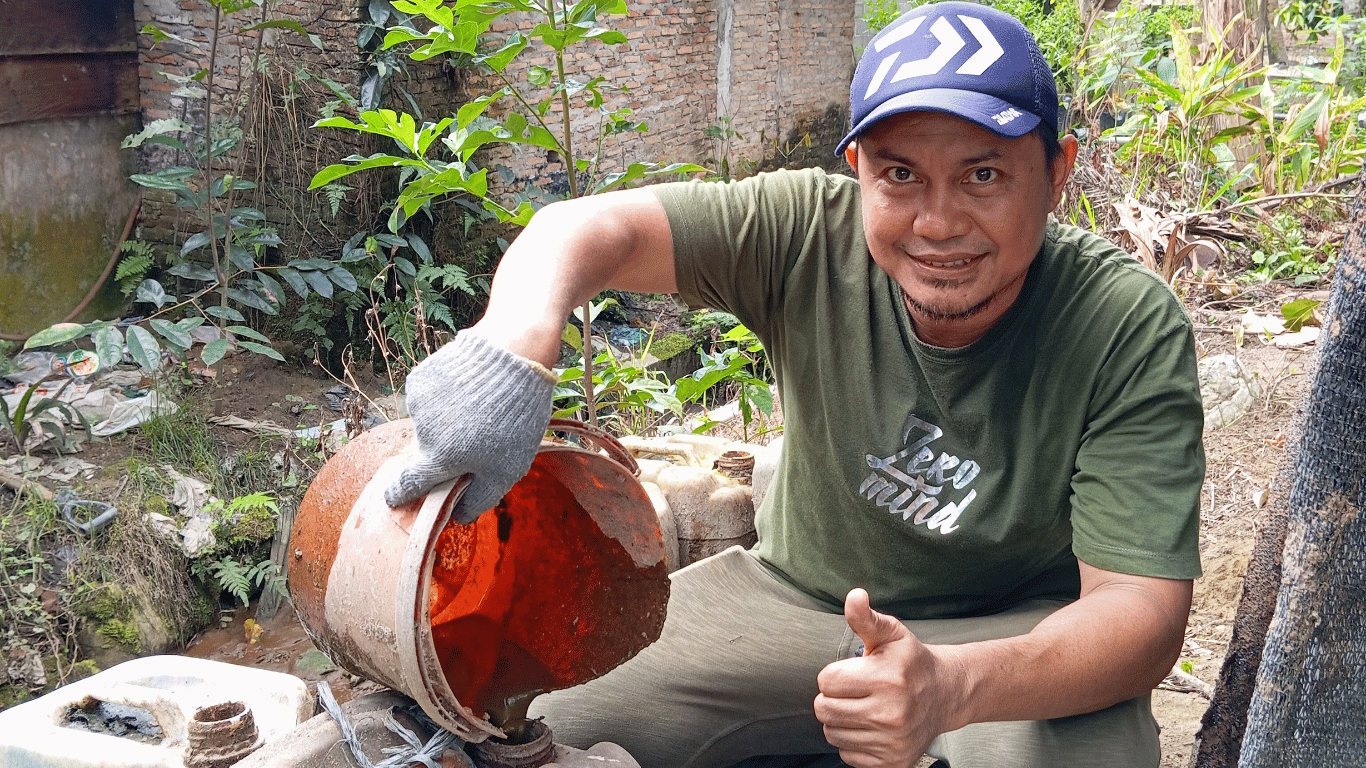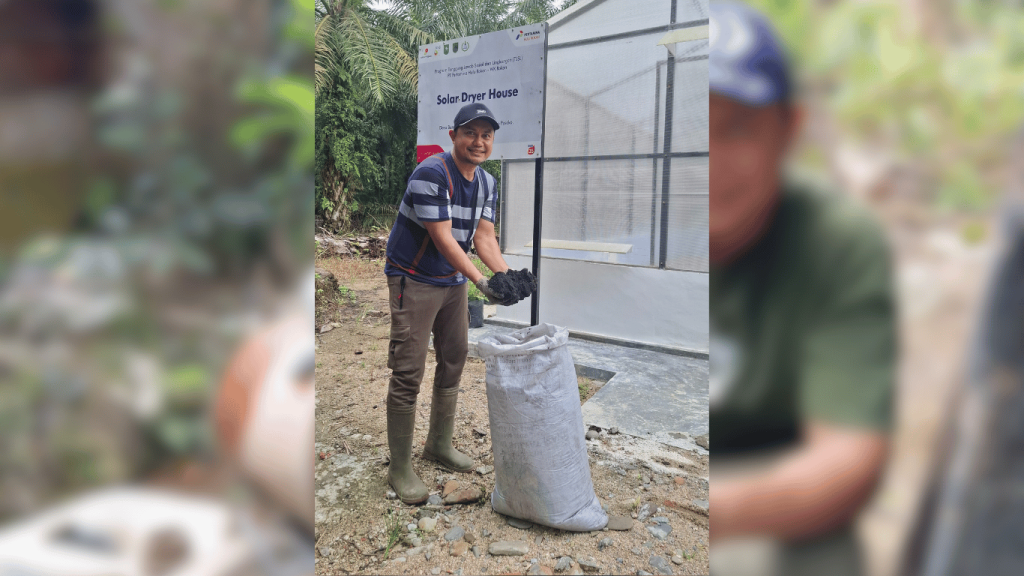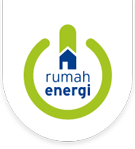Solar Dryer House: How Pak Maman Turns Waste into Blessings

In Bangko Jaya Village, Bangko Pusako District, Rokan Hilir Regency, Riau, the name Pak Maman has become well-known. No longer just an ordinary neighbor, he has grown into an inspiring figure who sees opportunity where most people see nothing but waste.
A former private sector employee, Pak Maman decided to return to his hometown with a single mission: to develop his village through waste management. Together with the Bangko Jaya Sejahtera Cooperative, he began processing livestock manure, palm oil waste, and rice husks into organic fertilizer. The results have not only benefited farmlands but also opened new pathways to community prosperity. Yet, the real key to his success lies in a simple but revolutionary innovation: the Solar Dryer House.
The Solar Dryer House—essentially a transparent structure resembling a greenhouse—serves as the “secret kitchen” behind Pak Maman’s achievements. Inside, a solar-powered exhaust fan circulates hot air, ensuring fertilizer materials dry quickly and remain free from moisture, even during cloudy or rainy days.

In the past, drying raw materials for fertilizer could take up to two months. Unpredictable weather often delayed the process, leaving materials damp, sometimes even damaged. Today, thanks to the Solar Dryer House, drying time has been cut in half to just one month. “We used to worry about our raw materials getting spoiled by rain or humidity,” Pak Maman shared. “Now, the Solar Dryer House makes the process much safer. We can produce more in less time.”
For the people of Bangko Jaya, the structure represents more than just a drying facility. It has become a symbol of change, proving that eco-friendly technology can go hand in hand with sustainable farming. Beyond that, the cooperative led by Pak Maman actively shares knowledge with the community. Through organic farming demonstration plots and discussions on the benefits of organic fertilizer, more and more villagers are being encouraged to adopt farming methods that are healthier for both the soil and the environment.
Today, with a blend of simple technology, collective spirit, and a strong vision, Pak Maman has shown that the future of a village can grow from the things we often overlook. What was once considered waste, in his hands, has truly become a blessing.
Written by: Theo M. Putra
Edited by: Fauzan Ramadhan

